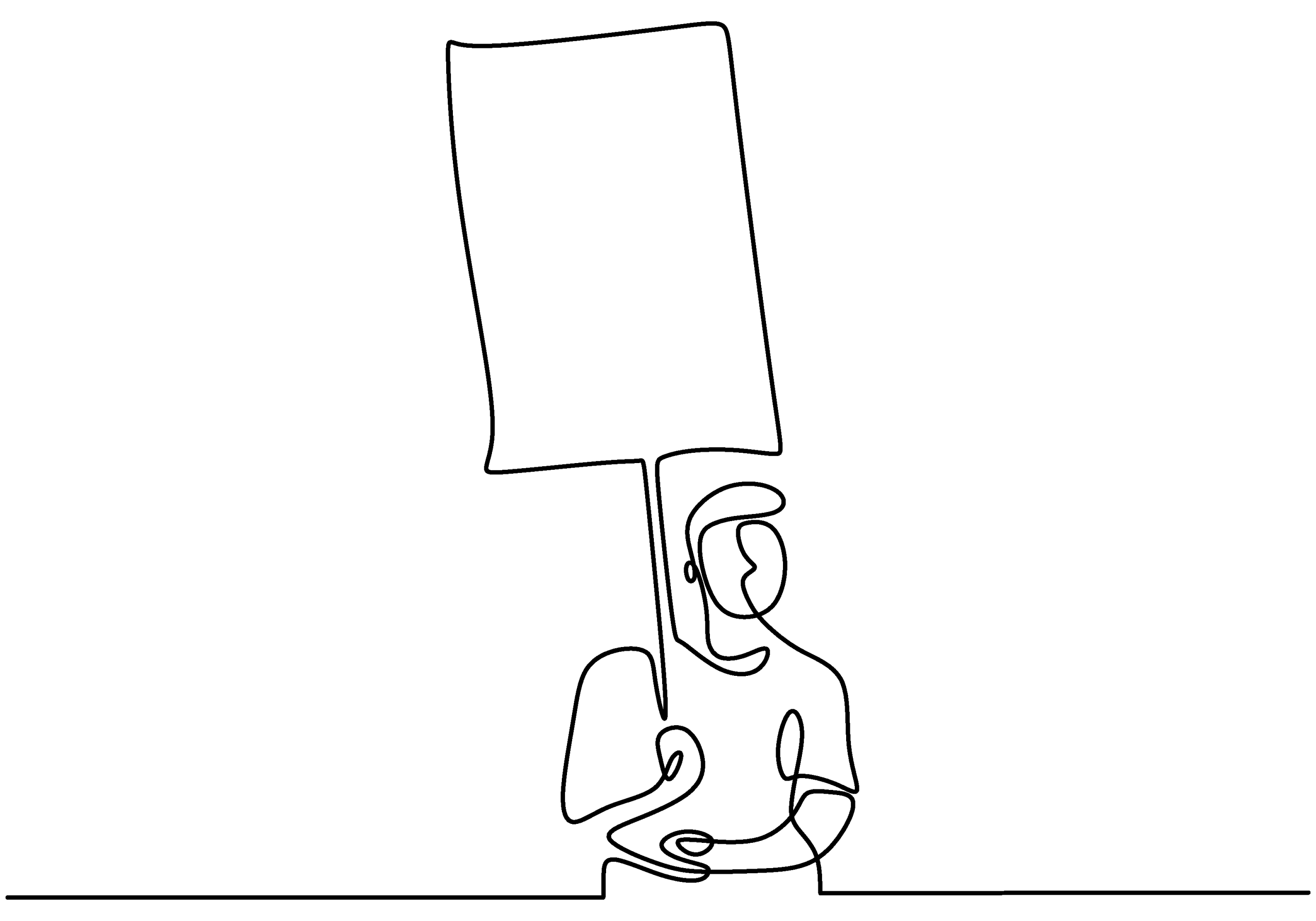Learn
about
sustainability
Discover
your
preferences
Explore
sustainable
investments
Enhance
your
investments
Check
your
portfolio
Take action
with
awareness

Fighting for the
human rights
human rights
How Can I Take Action?
The issue of human rights is particularly close to the hearts of all those interested in sustainability.
Human rights are the so-called inalienable rights of man, i.e., those that must be accorded to every person by the mere fact of belonging to humankind, regardless of one's origins, affiliations or place of living. They can thus be defined as the fundamental rights of the human being.
Since the end of World War II, efforts have been made to raise awareness of the protection and recognition of human rights among the entire population of the world regardless of their state, and the first step in this direction is precisely the Universal Declaration of Human Rights of 1948.
There are mainly three categories of human rights:
- Civil rights: proper to each individual (freedom of thought, religion, assembly), characterize their personal freedom
- Political rights: enable citizens to form a democratic state and allow them to determine its political direction
- Social rights: these arose later than the previous ones and evolved with the passage of time and modern Society ; they are the right to study, to health protection, to care for the most needy
The topic of human rights is mainly addressed through two types of approaches:
The normative approach related to Society implementation of a list of international treaties and standards, in particular:
- The 1948 Universal Declaration of Human Rights, the first fundamental document to enshrine the importance of recognizing these rights
- The 1989 UN Convention on the Rights of the Child, aimed at safeguarding the rights of children and their interests
- Adherence to the OECD corporate governance principles.
- The taking into account within the scope of one's investments the "Freedom House" ranking of nonfree states
The exclusion approach applied to Society investing in sectors that may violate Human Rights:
- We exclude Society that do not respect workers' rights (ILO) and regulations regarding child labor;
- This excludes Society operating within countries where the death penalty has not been abolished;
- Investments in countries that are considered to be governed by oppressive regimes and thus do not provide sufficient freedoms are excluded;
- It excludes Society that have incurred human rights violations.
Our database shows that 72% of funds consider at least one factor related to human rights:
- 47% are active in protecting the rights of children and infants
- 54% are committed to respect for human rights
- 54 percent protect workers' rights by verifying the proper implementation of ILO regulations
- 38% people's freedom of expression is monitored
- 15% monitor the death penalty and the states where it is in effect

For better reading of the data, please rotate your device.
